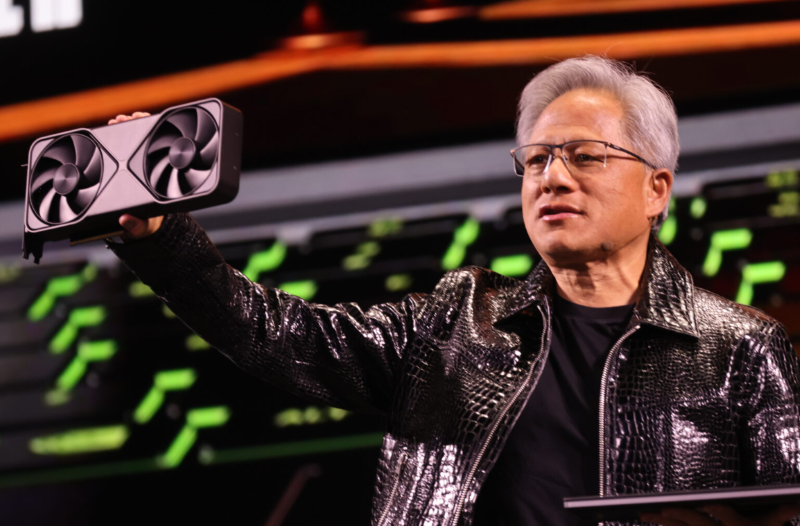
CEO Jensen Huang has sold about $36.4 million worth of shares in the world's leading maker of artificial intelligence chips, according to a filing with the US Securities and Exchange Commission.
The sale of a total of 225,000 shares is part of a plan approved by Mr. Huang in March to sell up to 6 million Nvidia shares by the end of the year. Mr. Huang sold the first batch of shares under the agreement in June, worth about $15 million.
Last year, the tech chief sold about $700 million in stock under a prearranged plan. Nvidia shares rose about 1% on July 11.
Mr. Huang's net worth has soared as investors bet on AI dominance and Nvidia's graphics processing units that power large language models.
The 62-year-old's fortune has increased more than 25%, or about $29 billion, since the start of 2025 alone, according to the Bloomberg Billionaires Index. That puts his net worth at $143 billion, according to Bloomberg's latest estimate, nearly on par with Berkshire Hathaway's Warren Buffett at $144 billion.
But shortly after the market opened on Friday, July 11, Fortune's analysis of net worth put Huang ahead of Buffett, with the Nvidia CEO's fortune at $143.7 billion and the Oracle of Omaha's at $142.1 billion.
Nvidia has also achieved notable milestones this year with strong growth thanks to the AI explosion.
On July 9, the Santa Clara, California-based chipmaker became the first company to reach a $4 trillion market capitalization, surpassing both Microsoft and Apple.
The chipmaker's stock even closed above that mark on July 10 when CNBC reported that the tech giant's leader had met with President Donald Trump.
Brooke Seawell, a venture capital partner at New Enterprise Associates, also sold about $24 million worth of Nvidia stock during the sale, according to a filing with the Securities and Exchange Commission. Seawell has served on Nvidia’s board since 1997.
Mr. Huang still holds more than 858 million Nvidia shares, both directly and indirectly, through various partnerships and trusts.
Nvidia's CEO recently warned that while artificial intelligence will significantly boost labor productivity, it could lead to job losses if industries lack innovation.
“If the world runs out of ideas, then productivity gains mean job losses,” Jensen Huang said in an interview with CNN when asked about comments from Dario Amodei, another tech leader, who said AI would cause mass job disruption.
Amodei, the head of Anthropic, warned last month that the technology could cause unemployment to skyrocket in the very near future. He said AI could eliminate half of all entry-level, white-collar jobs and push unemployment to 20% in the next five years.
Meanwhile, Mr Huang believes that as long as companies come up with new ideas, there is room for productivity and employment to grow. But without new ambition, “productivity will decline”, potentially leading to fewer jobs.
“The bottom line is, do we still have a lot of ideas in our society? And if we do, if we are more productive, we will be able to grow,” he said.
The surge in investment in AI, which has fueled a tech boom in recent years, has raised concerns about whether the technology will threaten jobs in the future. About 41% of executives said AI will reduce headcount at thousands of companies in the next five years, according to a 2024 survey by staffing firm Adecco Group. A survey released in January by the World Economic Forum found that 41% of employers plan to cut staff by 2030 due to AI automation.
“People’s jobs will be affected. Some jobs will be lost. Many jobs will be created and I hope that the productivity gains we see in all industries will boost society,” Mr. Huang said.
Nvidia is one of the companies leading the AI revolution. The Santa Clara, California-based chipmaker’s technology has been used to power the data centers that companies like Microsoft, Amazon and Google use to run their AI models and cloud services.
Mr Huang defended the development of AI, saying that “over the past 300 years, 100 years, 60 years, even in the computer era,” both employment and productivity have increased. He added that technological advances could facilitate the realization of “countless ideas” and “ways for us to build a better future.”
According to THU HANG/Tin Tuc and Dan Toc Newspaper
Original article linkSource: https://baovanhoa.vn/kinh-te/ceo-nvidia-ban-co-phieu-tai-san-rong-vuot-huyen-thoai-buffett-151667.html




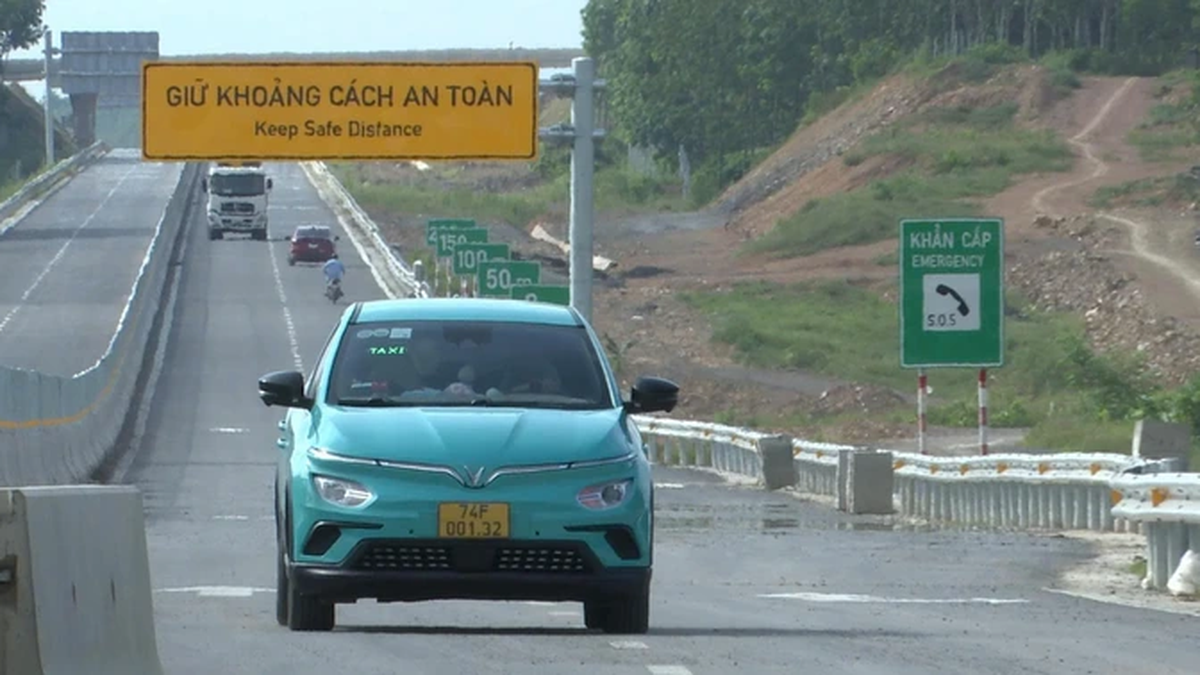


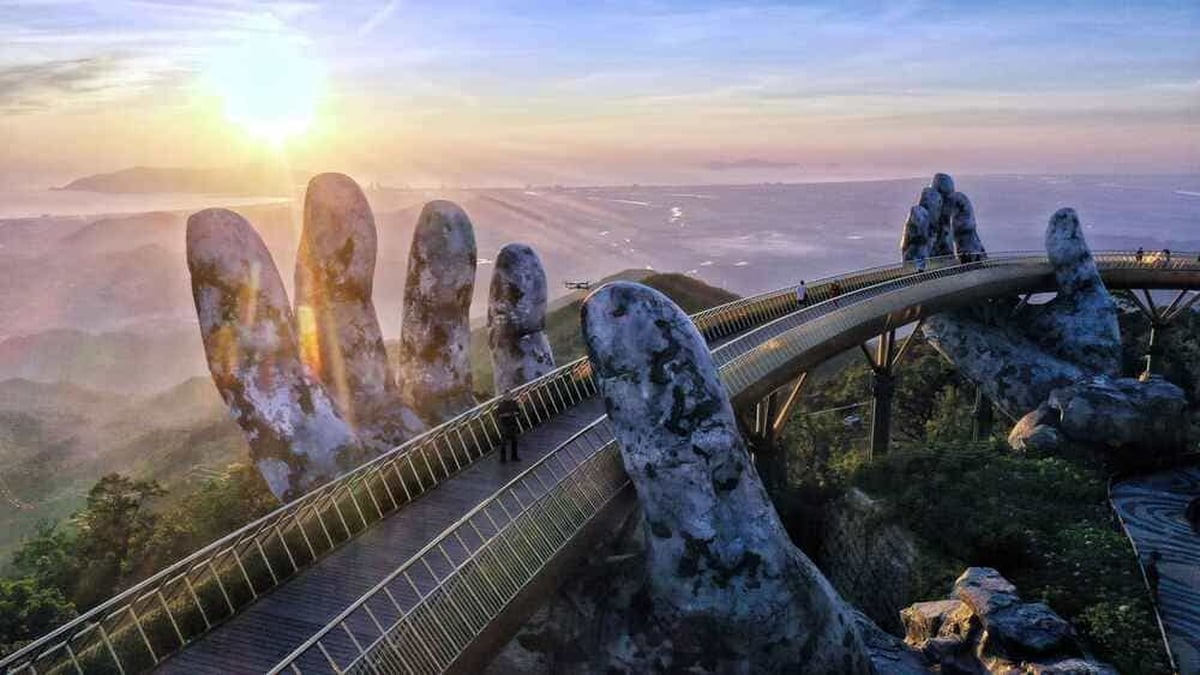
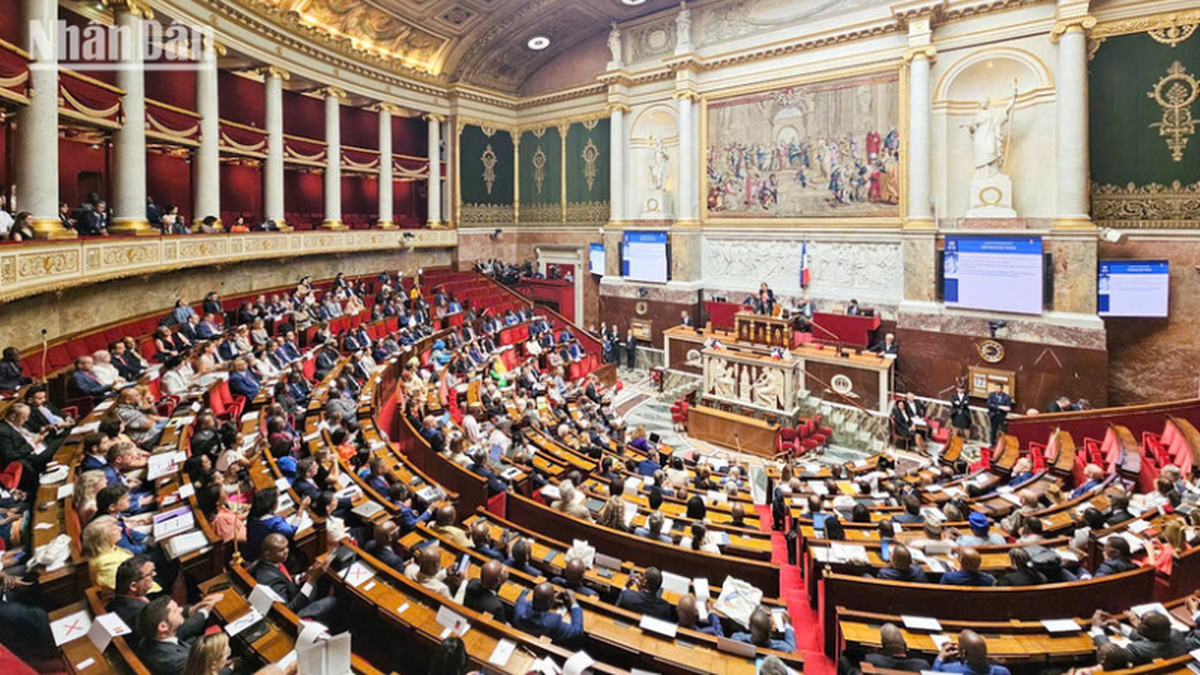
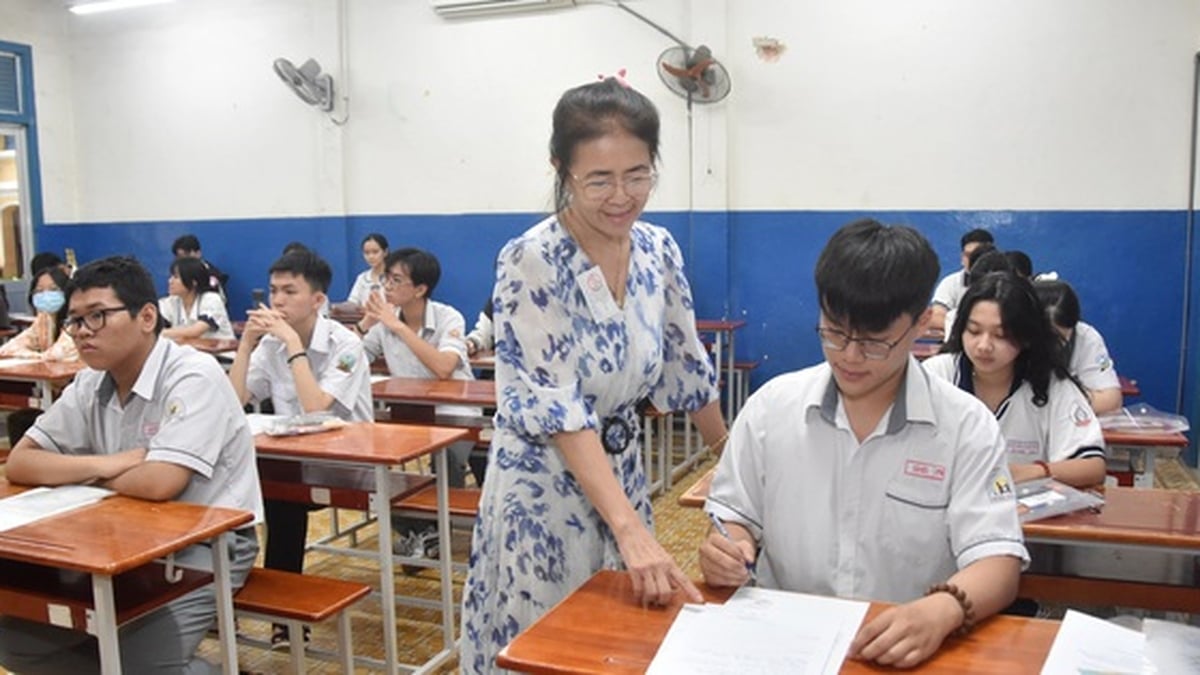
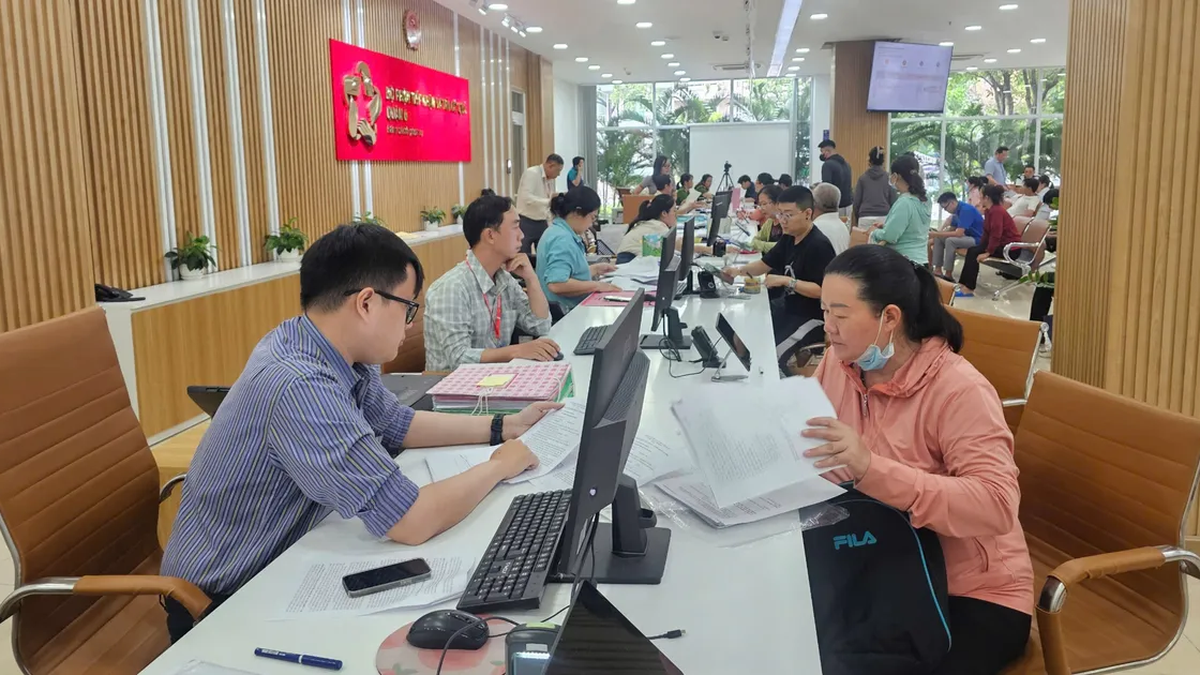










































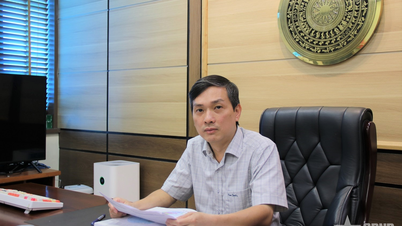






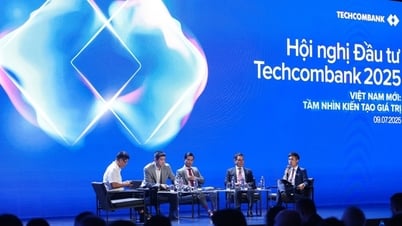






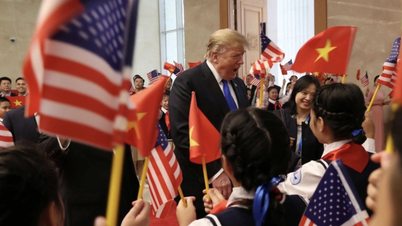
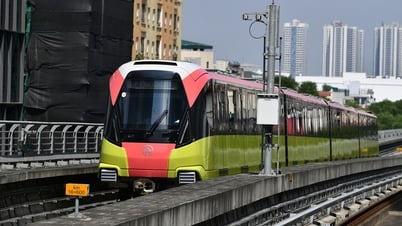
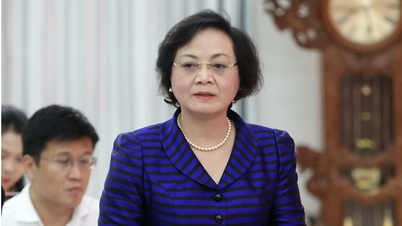
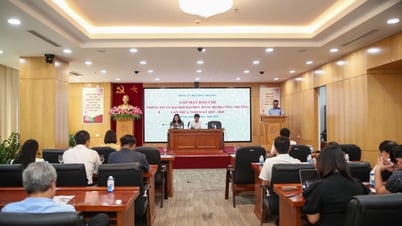


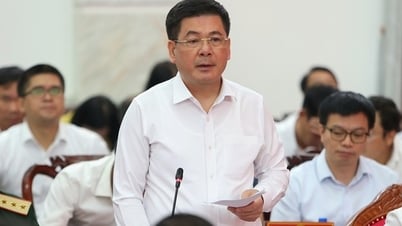

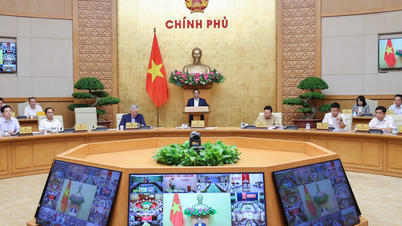

























Comment (0)